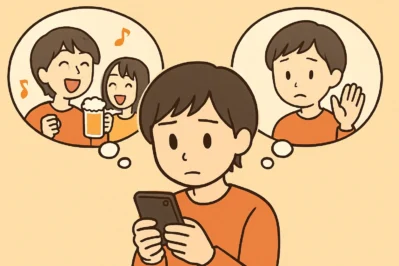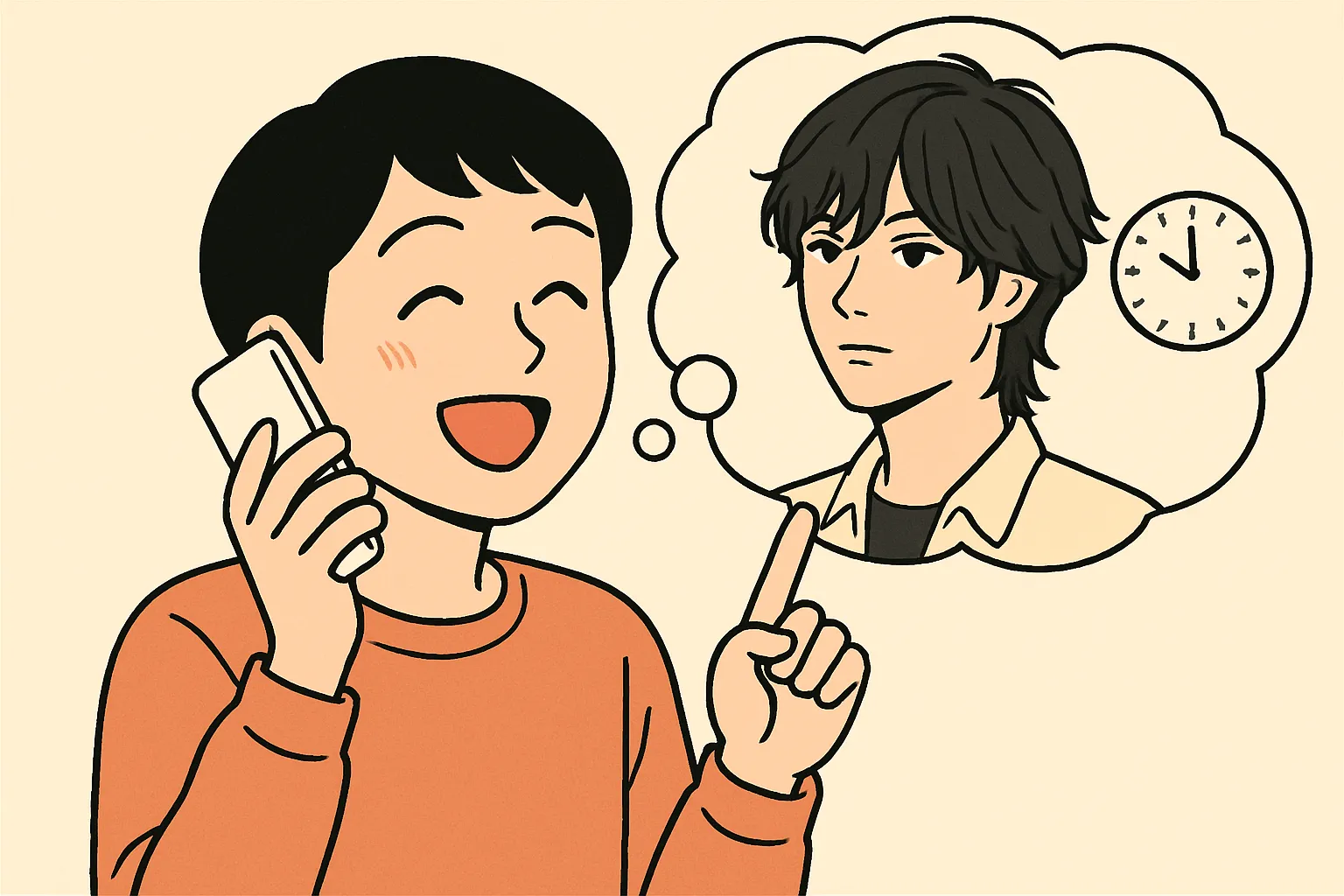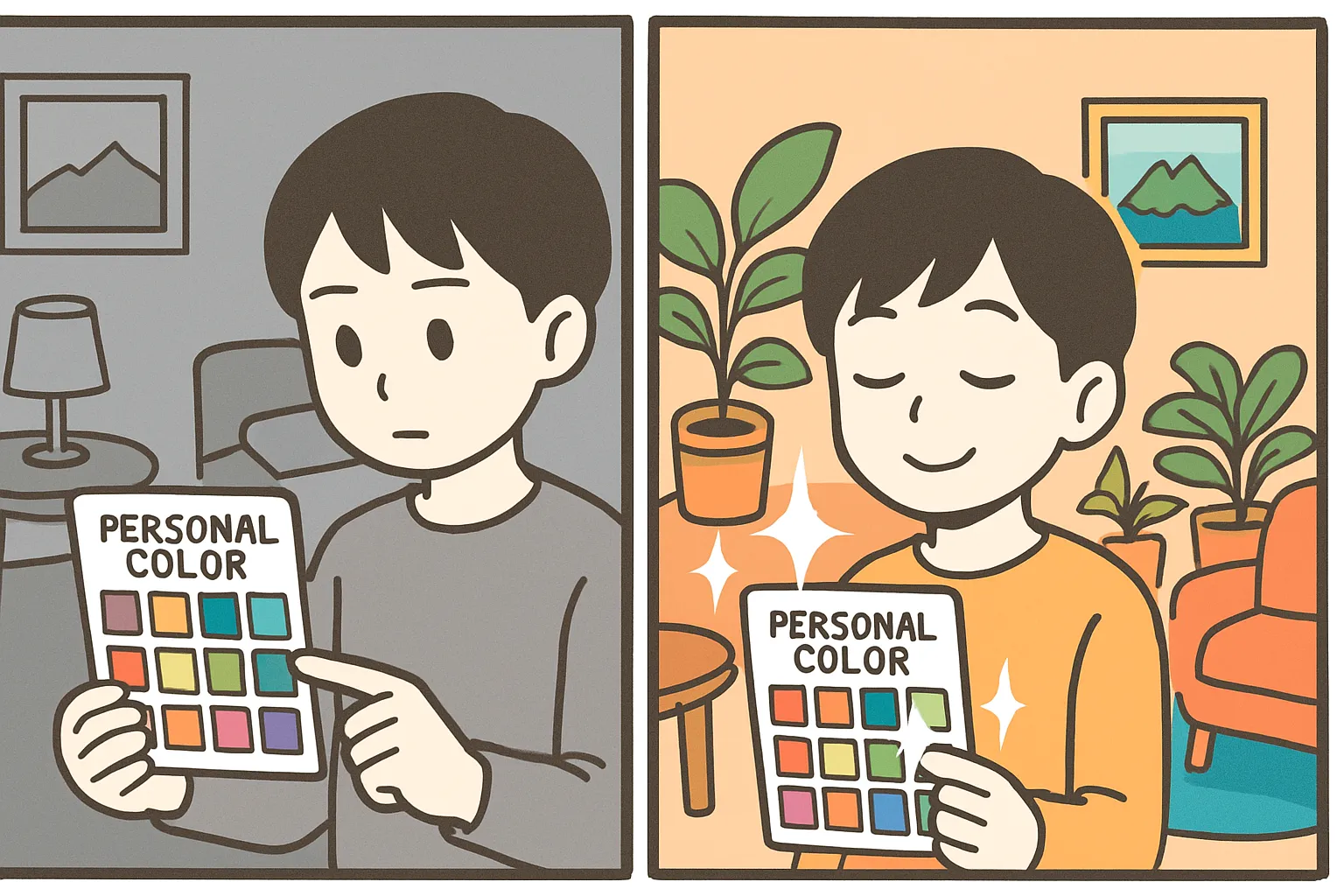Can You Make It? RSVP in Korean Like a Pro!
Hello! Welcome to [Maeil Hangeul], where we upgrade your Korean skills every day!
Have you ever been invited to a party by a Korean friend and panicked about how to reply? Don’t worry! Today, we’re going to learn how to RSVP (reply to an invitation) in Korean. This is super useful for everything from casual birthday parties to more formal events.
Especially these days in Korea, people love getting together for all sorts of reasons—from celebrating a K-pop group’s comeback to having a potluck party with trendy new foods. Knowing how to respond confidently will make your social life in Korea so much more fun!
Let’s get started!
Core Expressions You Need to Know
Here are the essential phrases for handling any invitation that comes your way.
1. 참석하다 (cham-seok-ha-da)
- English Meaning: to attend
- Detailed Explanation: This is a slightly more formal but very common word for “to attend.” You’ll see it in official invitations for weddings or work events, but it’s also perfectly fine to use with friends to sound clear and polite. It shows you are officially planning to be there!
2. 갈 수 있어요 / 못 가요 (gal su i-sseo-yo / mot ga-yo)
- English Meaning: I can go / I can’t go
- Detailed Explanation: This is the most common and casual way to say “yes” or “no” to an invitation. 갈 수 있어요 (I can go) is a positive confirmation. 못 가요 (I can’t go) is a direct but polite way to decline. The word 못 (mot) means “cannot” due to a lack of ability or a scheduling conflict, which is perfect for this situation.
3. 아쉽지만 다음에 꼭 갈게요 (a-swip-ji-man da-eum-e kkok gal-ge-yo)
- English Meaning: That’s a shame, but I’ll definitely go next time.
- Detailed Explanation: This is the golden phrase for politely declining an invitation! 아쉽지만 (aswipjiman) means “It’s a pity, but…” and shows you’re sad to miss out. 다음에 꼭 갈게요 (daeume kkok galgeyo) promises you’ll join the next event, which softens the “no.” It’s a very considerate expression that Korean people use often.
Example Conversation
Let’s see how these expressions work in a real-life chat. Minjun is inviting his friend, Sofia, to a housewarming party (jip-deu-ri / 집들이).
A (민준/Minjun): 소피아! 이번 주 토요일 저녁에 우리 집에서 집들이 할 건데, 시간 괜찮아?
(Sofia! I’m having a housewarming party at my place this Saturday evening. Are you free?)
B (소피아/Sofia): 와, 정말? 초대해줘서 고마워! 당연히 갈 수 있지! 꼭 참석할게.
(Wow, really? Thanks for inviting me! Of course, I can go! I’ll definitely attend.)
A (민준/Minjun): 다행이다! 요즘 유행하는 탕후루도 만들어 볼 거야.
(That’s a relief! I’m going to try making the trendy Tanghulu too.)
B (소피아/Sofia): 헐, 대박! 완전 기대된다! 토요일에 봐!
(Whoa, awesome! I’m so excited! See you on Saturday!)
Culture Tip & Trend Deep Dive
KakaoTalk is Your RSVP King!
In Korea, most casual invitations and RSVPs happen in KakaoTalk (카카오톡) group chats. Instead of a formal email, a friend might create a group chat for their birthday party.
Here’s a pro tip: Koreans often use the “Vote” (투표 / tupyo) feature in KakaoTalk group chats to check who can come. Someone will post a poll asking “Who can come on Saturday?” with options like “I can attend! (참석 가능!)” or “Sorry, I can’t make it ㅠㅠ (아쉽지만 불참 ㅠㅠ)”. So, if you see a poll pop up, now you know what to do! Using an emoticon like ㅠㅠ when you can’t go is a nice touch to show you’re genuinely sad to miss out.
Wrap-up & Practice Time!
Great job today! You’ve learned how to accept and decline invitations like a native speaker.
- To attend: 참석하다 (chamseokada)
- To say you can go: 갈 수 있어요 (gal su isseoyo)
- To politely decline: 아쉽지만 다음에 꼭 갈게요 (aswipjiman daeume kkok galgeyo)
Now, let’s test your knowledge!
Quiz: Your friend invited you to a movie night, but you already have other plans. How would you politely say you can’t go, but you’d like to go next time? (Fill in the blank)
“미안해, 그날은 약속이 있어. _______ 다음에 꼭 갈게!”
(Sorry, I have plans that day. _______ I’ll definitely go next time!)
Leave your answer in the comments below using the expressions we learned today! We’d love to see you try them out. See you next time






